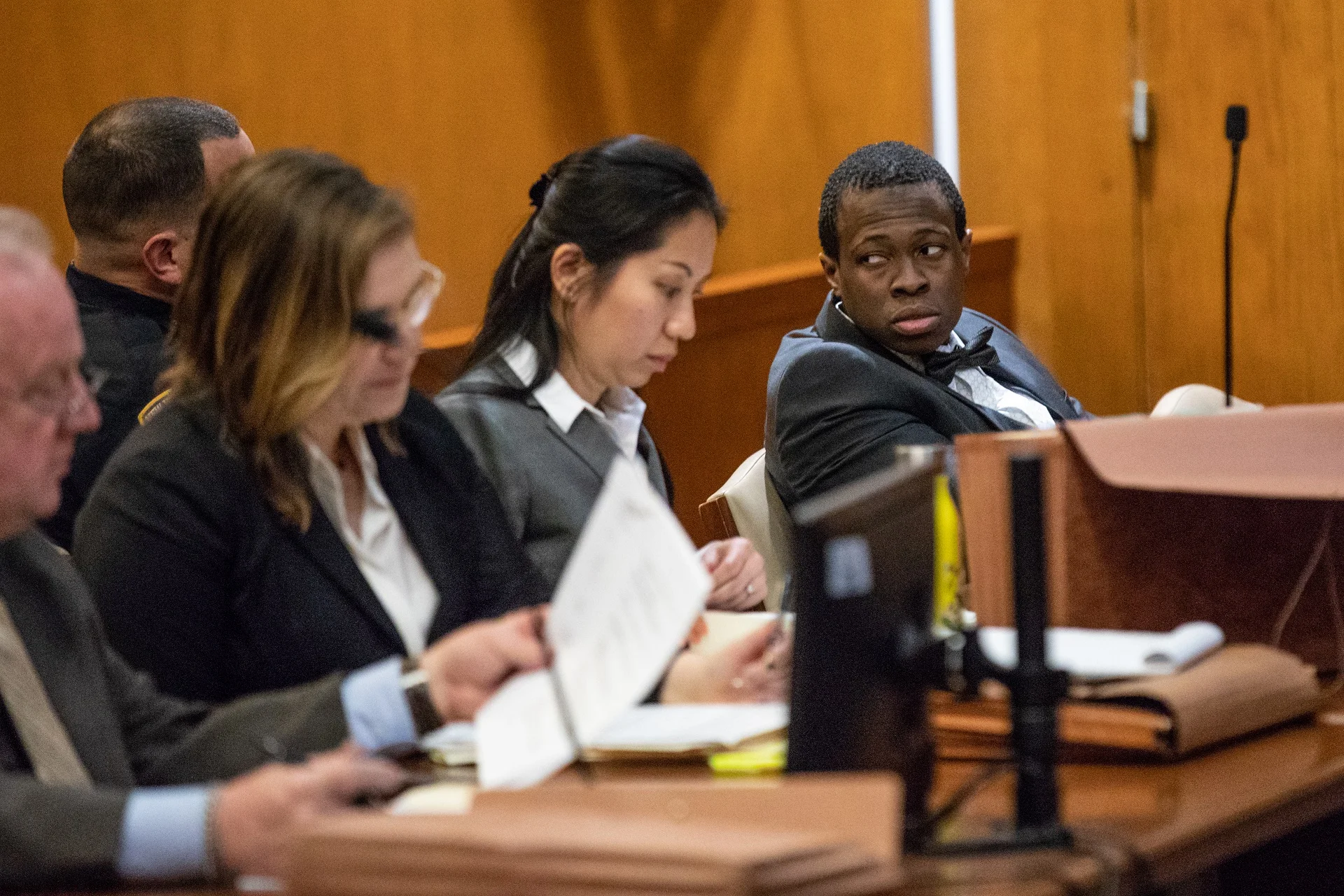Attorneys for Chanel Lewis appeal guilty verdict
/Pool photo by Uli Seit
By David Brand
The attorneys representing the man convicted of killing Karina Vetrano in August 2016 have filed a notice of appeal to overturn a Queens jury’s decision and send the case back to Queens Supreme Court.
Chanel Lewis, who turned 23 today, was sentenced to life without the possibility of parole in Queens Supreme Court last month after a jury found him guilty of first-degree murder and sexual abuse for strangling Vetrano to death while she was jogging in a park near her Howard Beach home. Vetrano fought ferociously before succumbing to her attacker.
The Legal Aid Society notified the Queens Supreme Court and District Attorney’s Office of the appeal, which they will submit Appellate Division of the state Supreme Court, Second Department, on April 25.
“Please take notice that the above-named defendant hereby appeals to the Appellate Division of the Supreme Court of the State of New York, Second Department, from each and every part of the judgement of this Court, dated April 23, 2019, under Indictment Number 667/17,” the appeal reads. It is signed by Legal Aid Attorney-in-Charge Janet Sobel.
Lewis’ first trial ended in a split jury in November 2018. He was convicted at retrial April 1.
Three weeks later, Queens Supreme Court Justice Michael Aloise handed down the life sentence.
“A case like this has the effect to shake you,” Aloise said at sentencing before describing how Vetrano was attacked and murdered while jogging in what he called a “random, senseless, horrific crime.”
The conviction came more than two years after Lewis was arrested for the brutal crime and a day after Aloise denied a defense motion to set aside the verdict based on claims of juror misconduct.
Lewis was arrested in February 2017, more than six months after the murder. NYPD detectives obtained a DNA sample from Lewis, which matched trace bits of DNA found on the back of Vetrano’s neck and cell phone, as well as in a mixture found on his finger nails.
Lewis gave police and prosecutors two videotaped confessions the morning after his arrest. He had spent a sleepless night in a police precinct station house.
Prosecutors built their case on the DNA evidence and the confessions. Lewis’ attorneys contended that the DNA could have been introduced to the scene by accidental transfer or that Vetrano may have come in contact with the DNA earlier in the day. They also argued that the confessions were coerced.
The horrific murder generated international attention, and questions linger about the initial investigation and suppression of evidence by prosecutors.
Lewis addressed the court for the first time during his sentencing hearing.
”I’m sorry for the family, but I didn’t do this,” Lewis said.




